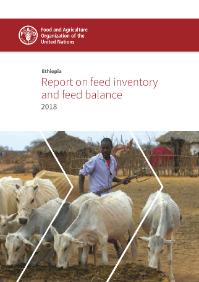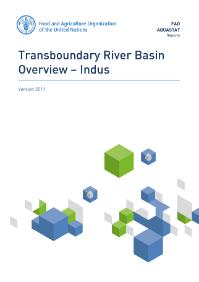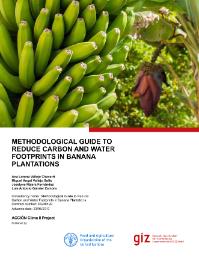Focal point
Location
The Food and Agriculture Organization of the United Nations leads international efforts to defeat hunger. Serving both developed and developing countries, FAO acts as a neutral forum where all nations meet as equals to negotiate agreements and debate policy. FAO is also a source of knowledge and information. We help developing countries and countries in transition modernize and improve agriculture, forestry and fisheries practices and ensure good nutrition for all. Since our founding in 1945, we have focused special attention on developing rural areas, home to 70 percent of the world's poor and hungry people.
Members:
Resources
Displaying 266 - 270 of 5073Ethiopia: Report on feed inventory and feed balance
Available evidence indicates that pastoral destitution in Ethiopia is principally driven by feed and water scarcity. Feed resources ought to be considered in the broader perspective and not predominantly during emergency as is the case now. Feed inventory and balance is therefore requisite such that the country is aware of its needs, resource availability, gaps, implications and how the gap can be filled within the country. This will make feed interventions in the country effective in the immediate, medium and long term as well as provide solutions for replication in the region.
Afghanistan and FAO
Afghanistan joined FAO in 1949 and has a long history of technical cooperation with the Organization. Today the
Afghanistan country programme is one of FAO’s largest in the Asia and Pacific region. Ongoing projects in the country coverhousehold food and livelihood security, animal health and transboundary diseases; small-scale integrated dairy schemes,value chain development; soil mapping and national agriculture ecological zoning; and development of research policy andstrategy.Profil de Pays – Sao Tomé-et-Principe
This country profile describes the state of the water resources and water use, as well as the state of agricultural water management in Sao Tomé and Principe. The aim of this report is to describe the particularities of the country and the problems met in the development of the water resources, and irrigation in particular. Irrigation trends, existing policies and legislation to water use in agriculture, possible treaties and agreements between countries as well as prospects for water management in agriculture are presented, as described in literature.
Transboundary River Basin Overview – Indus
This river basin overview describes the state of the water resources and water use, as well as the state of agricultural water management in the Indus basin. The aim of this report is to describe the particularities of this transboundary river basin and the problems met in the development of the water resources, and irrigation in particular. Irrigation trends, existing policies and legislation to water use in agriculture, possible treaties and agreements between countries as well as prospects for water management in agriculture are presented, as described in literature.
Methodological guide to reduce carbon and water footprints in banana plantations
The World Banana Forum (WBF) publication developed a methodological guide to reduce water and carbon footprints in banana plantations worldwide. Members of the Working Group (WG) on Sustainable Production Systems and Environmental Impact acknowledged the contribution of banana production in the total global GHG emissions and the consumption of freshwater in the economic activity, both stressed in the 2015 Paris Climate Conference (COP21), having the agricultural sector a high mitigation potential.











